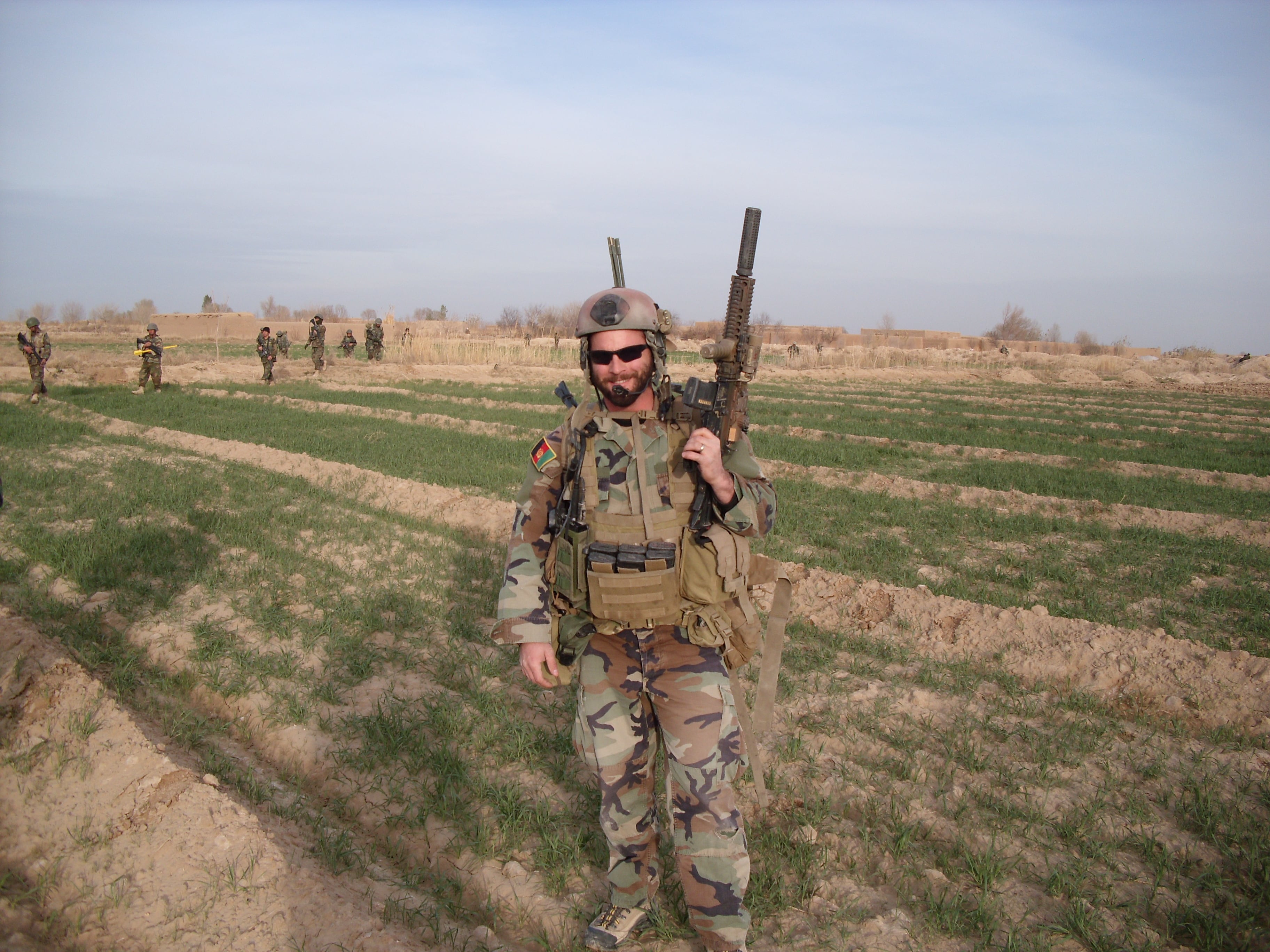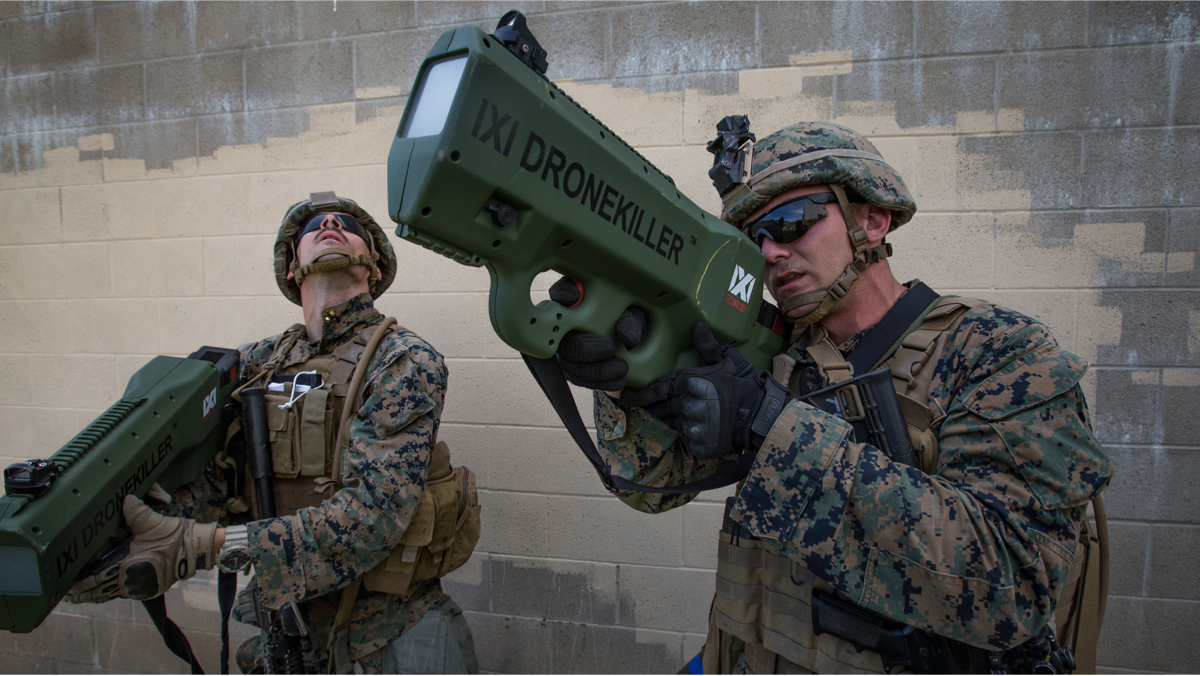Defense Secretary Mark Esper has talked to President Donald Trump about the commander in chief’s plan to potentially pardon two soldiers and a sailor, an action CNN reported Wednesday is intended to serve as a Veterans Day gesture.
Navy Times reported Monday that Trump discussed restoring SEAL Edward “Eddie” Gallagher’s pay grade to chief petty officer, a week after a demotion to petty officer first class was allowed to stand.
The president also has mulled pardoning Army 1st Lt. Clint Lorance and dropping the case against Maj. Mathew Golsteyn, Navy Times indicated.
“I’m not going to comment on that,” Esper told reporters at the Pentagon on Wednesday. “As you know, I’m in the chain of command and I’m very conscious of my remarks. But I do have full confidence in the military justice system and we’ll let things play out as they play out.”
Esper added that he met with Trump on Tuesday and had a “robust” conversation about the proposed pardons.
“I offered ― as I do in all matters ― the facts, the options, my advice, the recommendations and we’ll see how things play out,” he said.
The Gallagher announcement came via Fox & Friends broadcast Monday morning, surprising Pentagon officials and motivating them to intervene by sending a packet of information on the cases to the White House, according to CNN.
While Gallagher was acquitted of murder and obstruction of justice charges in July, his military jury recommended he be reduced in grade for posing with the body of a detainee, a crime he never denied.
Under Navy regulations, he had faced an automatic reduction to E-1 because his sentence included time behind bars — which he’d already served twice over in pretrial confinement.
But last week Chief of Naval Operations Adm. Mike Gilday followed the recommendation of the panel of Gallagher’s peers to leave him at E-6.
RELATED

Lorance’s case dates back to a 2012 deployment to Afghanistan, when he ordered his soldiers to fire on three unarmed men riding a motorcycle near their patrol. Members of his platoon testified against him at a court-martial trial, describing Lorance as over-zealous and the Afghans as posing no threat to the soldiers.
Sentenced to 19 years prison at Fort Leavenworth, Kansas, Lorance and his family had waged a long campaign against his sentence. His mother made an unanswered appeal to President Barrack Obama in 2016, earning support from combat veteran Rep. Duncan Hunter, R-Calif., who left the Marine Corps as a major.
Golsteyn’s case has not yet been decided, as he is scheduled for a December trial on charges he murdered an alleged Taliban bomb maker, and burned his remains in a trash pit during a 2010 deployment with 3rd Special Forces Group.
RELATED
Trump has exercised his pardoning powers often during his administration, including in the case of another soldier earlier this year. Former 1st Lt. Michael Behenna had been paroled from Leavenworth in 2014, after receiving a 15-year sentence for murdering an alleged al-Qaida operative in Iraq in 2009.
And in 2018, he pardoned former Machinist’s Mate 1st Class Kristian Saucier, who spent a year in jail after pleading guilty in 2016 to taking cell phone photos of his work space on board the attack submarine Alexandria ― prohibited, as the entirety of a submarine is considered a classified area.
Though presidential pardons for Uniform Code of Military Justice offenses are rare, they are not unprecedented. In 2017 President Obama commuted the death sentence of former Army Pfc. Dwight Loving, who was convicted in the 1988 shooting deaths of two taxi drivers after an armed robbery spree in Killeen, Texas, to life without parole.
Presidents Dwight Eisenhower and Gerald Ford both intervened on the results of the same court-martial, the case of Army Master Sgt. Maurice Schick, who murdered an 8-year-old girl at Camp Zama, Japan, in 1954.
Eisenhower commuted his death sentence to life without parole, while Ford upgraded it to life with the possibility of parole.
Meghann Myers is the Pentagon bureau chief at Military Times. She covers operations, policy, personnel, leadership and other issues affecting service members.









